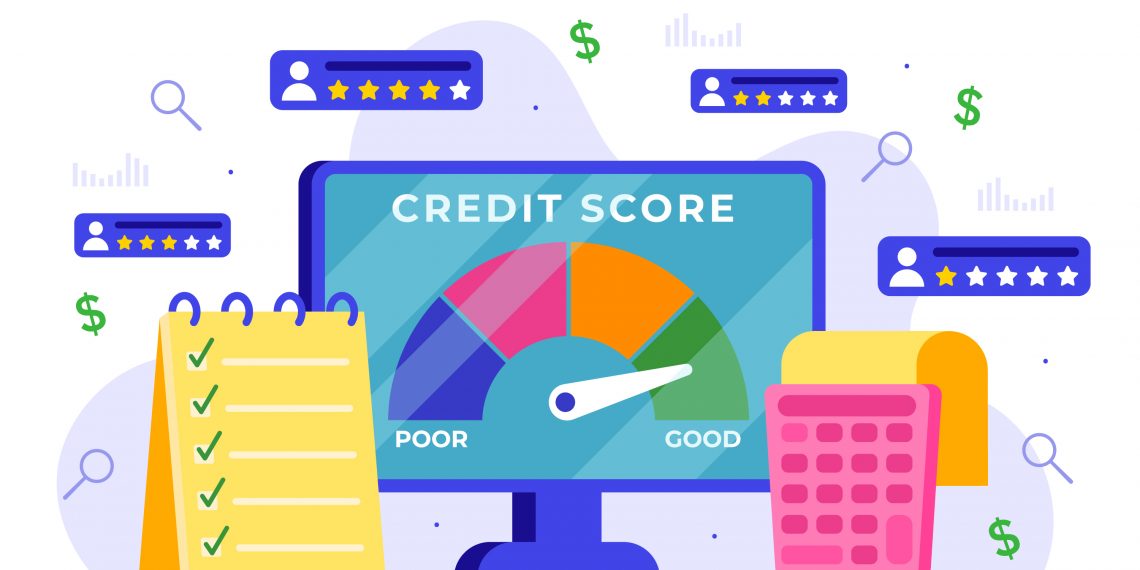In the realm of traditional credit scoring in the Philippines, a borrower’s socio-demographic profile and financial history reign supreme. Attributes like age, employment status, gender, marital status, and educational attainment are meticulously scrutinized to assess creditworthiness. However, what about those who fall outside the scope of this conventional system? What about the underbanked, the financially marginalized, or those lacking substantial financial records or bank accounts?
Enter the game-changer: Alternative Credit Scoring.
Alternative credit scoring ventures beyond the confines of traditional data points, offering a lifeline to those sidelined by the conventional credit assessment process. By leveraging a myriad of alternative data sources, including but not limited to utility payments, rental histories, telecommunications usage, and even social media behavior, a more comprehensive and inclusive picture of an individual’s creditworthiness emerges.
For the underbanked populace, who may not possess a robust financial footprint, alternative credit data provides a pathway to accessing much-needed financial services. Whether it’s securing a loan to kickstart a small business, obtaining affordable housing, or even accessing basic utilities, alternative credit scoring bridges the gap between financial exclusion and empowerment.
Moreover, alternative credit scoring isn’t just about expanding access; it’s also about accuracy and fairness. Traditional credit scoring models often overlook certain segments of the population, perpetuating biases and exclusionary practices. By embracing alternative data, lenders can tap into a wealth of information that reflects a borrower’s true financial behavior and capacity to repay, irrespective of their socio-economic background.
In the Philippines, where a significant portion of the population remains underbanked, the adoption of alternative credit scoring holds immense potential. By harnessing the power of alternative data, financial institutions can make more informed lending decisions, mitigate risks, and foster economic growth by empowering individuals and communities that were previously overlooked.
However, while the promise of alternative credit scoring is undeniable, it’s crucial to tread cautiously. Data privacy and security concerns must be addressed with utmost diligence to safeguard individuals’ sensitive information. Furthermore, ensuring transparency and accountability in the credit scoring process is paramount to building trust among consumers and stakeholders alike.
In conclusion, alternative credit data represents a beacon of hope for fostering financial inclusion in the Philippines. By embracing innovation and diversifying data sources, we can create a more equitable and accessible financial landscape that empowers individuals to pursue their dreams and aspirations, regardless of their past financial circumstances. Let’s seize this opportunity to unlock the full potential of alternative credit scoring and pave the way for a brighter, more inclusive future.






